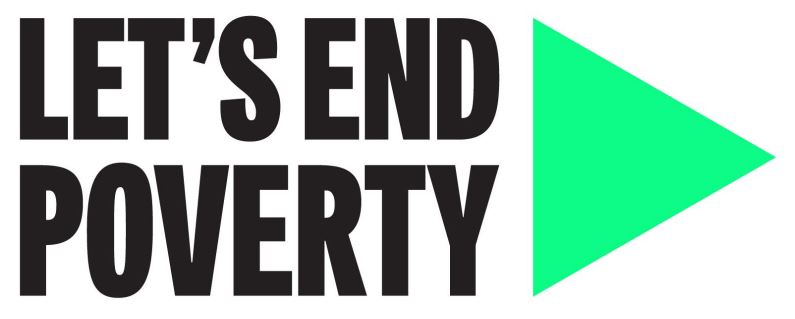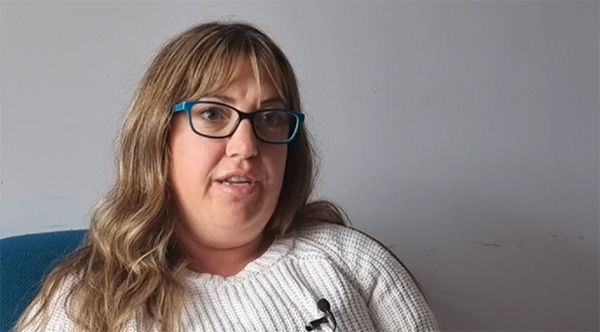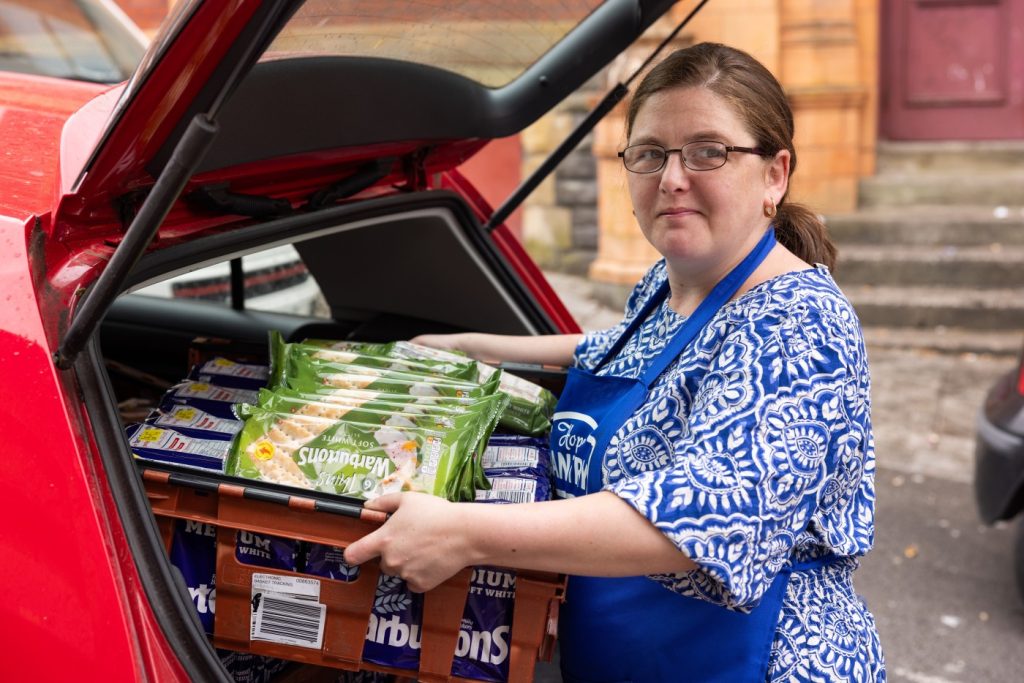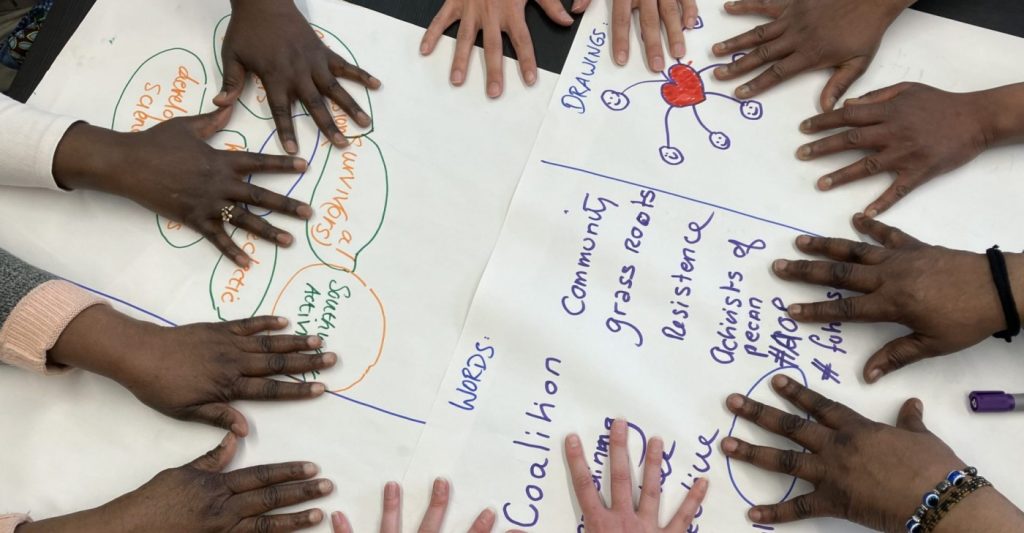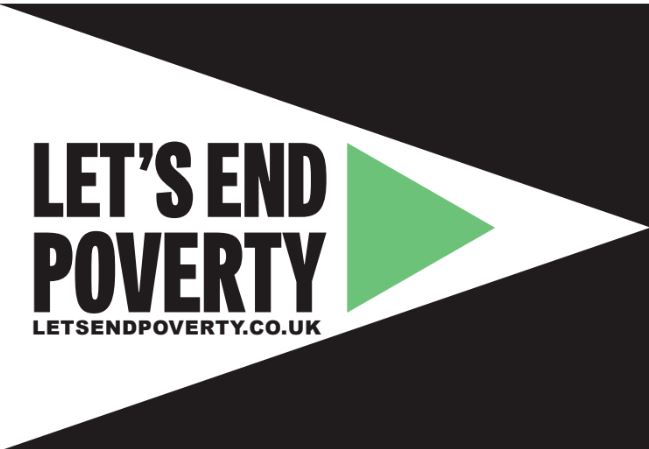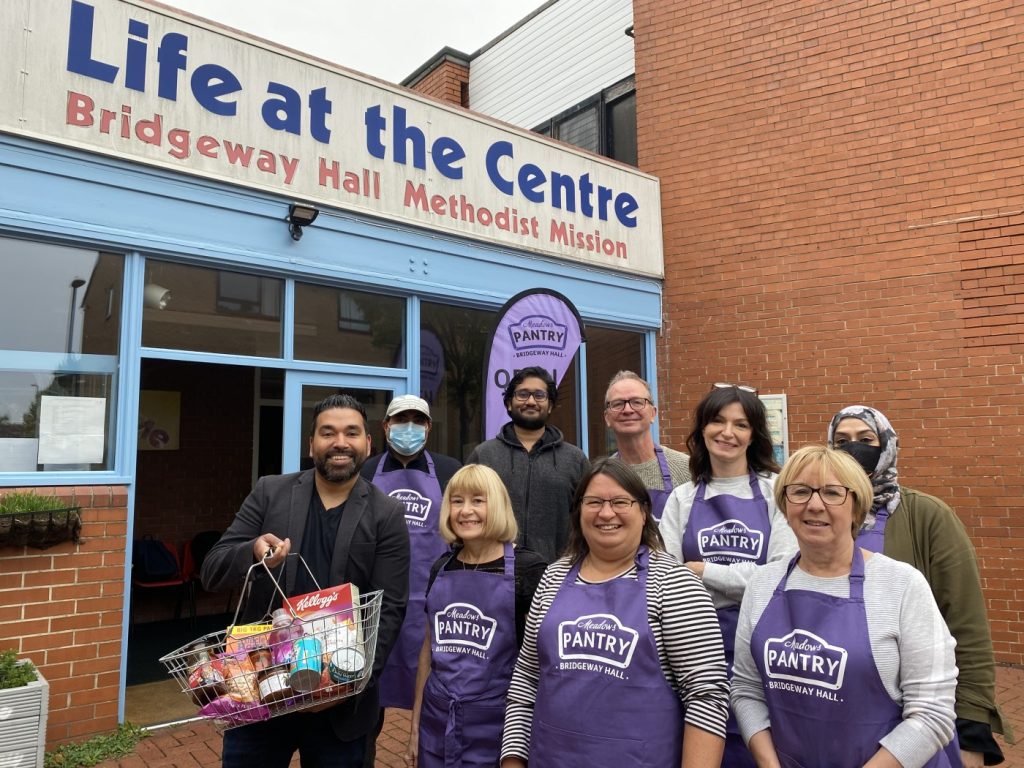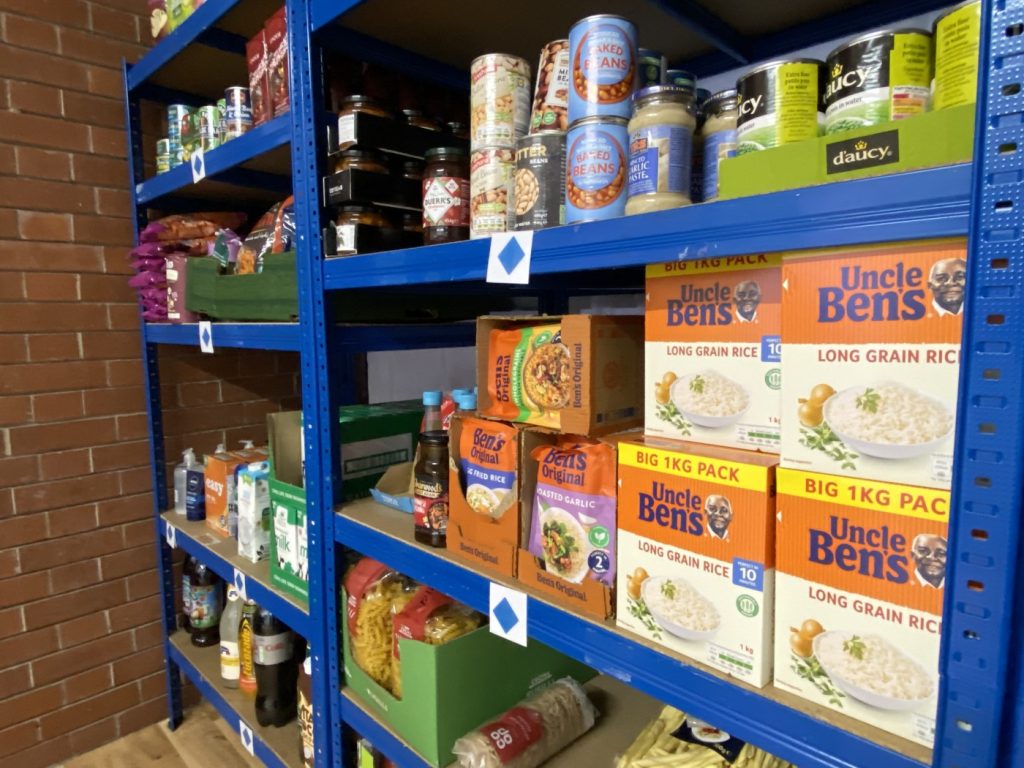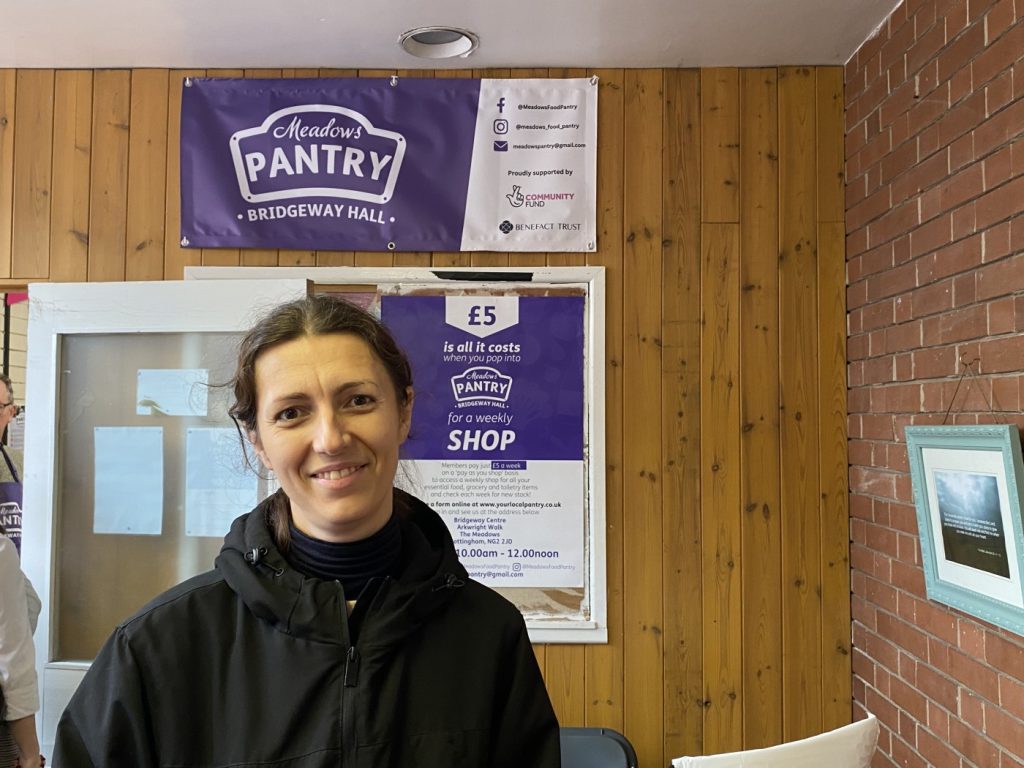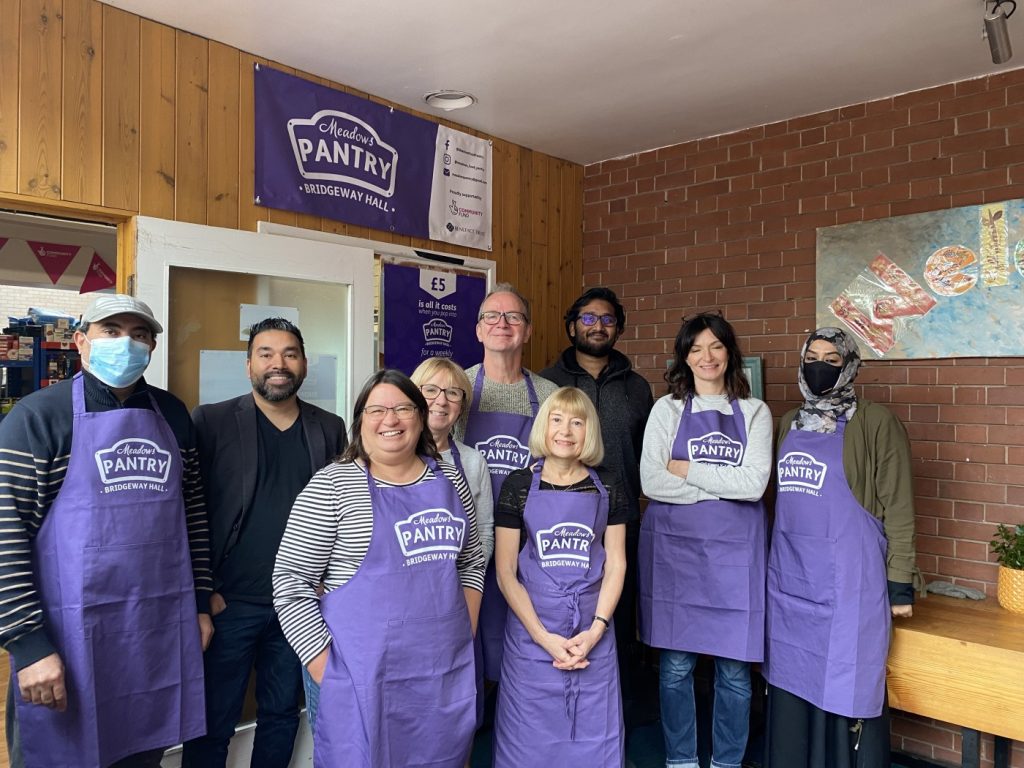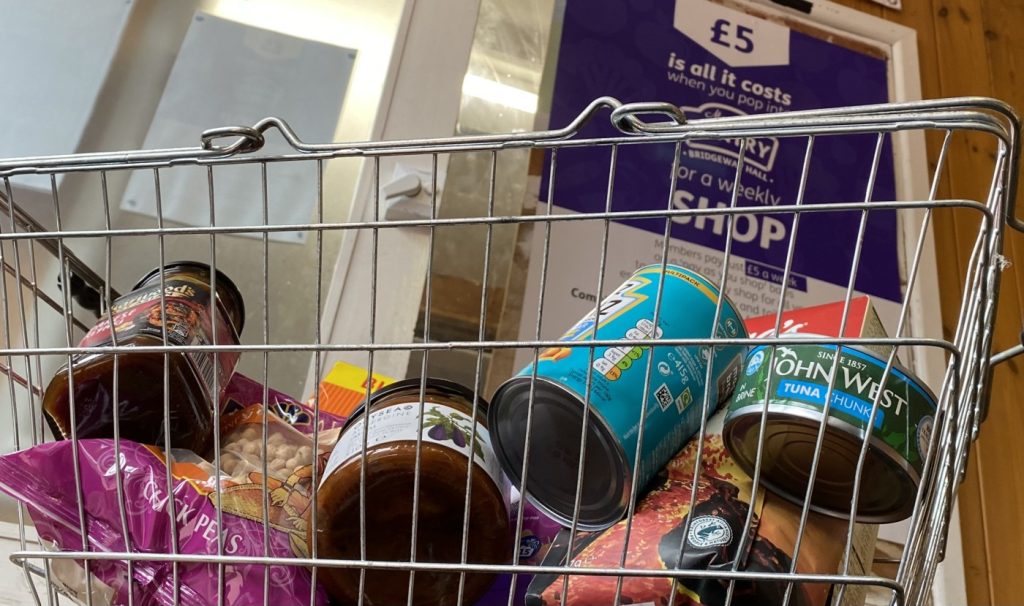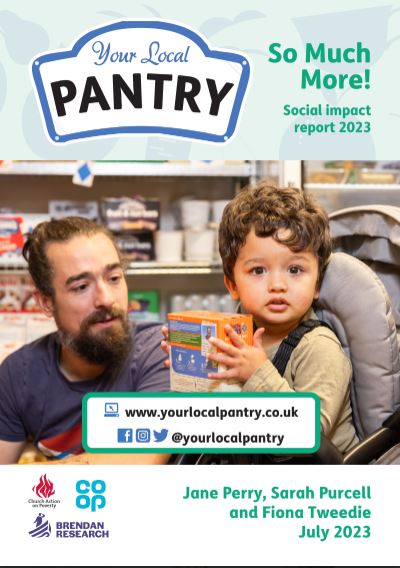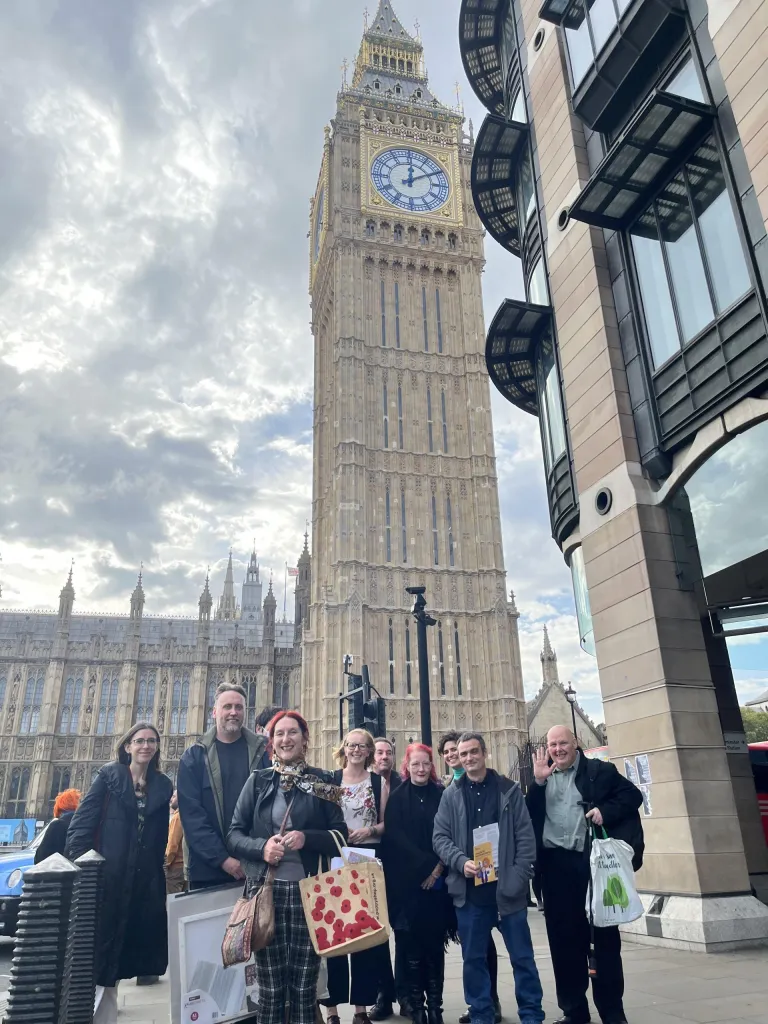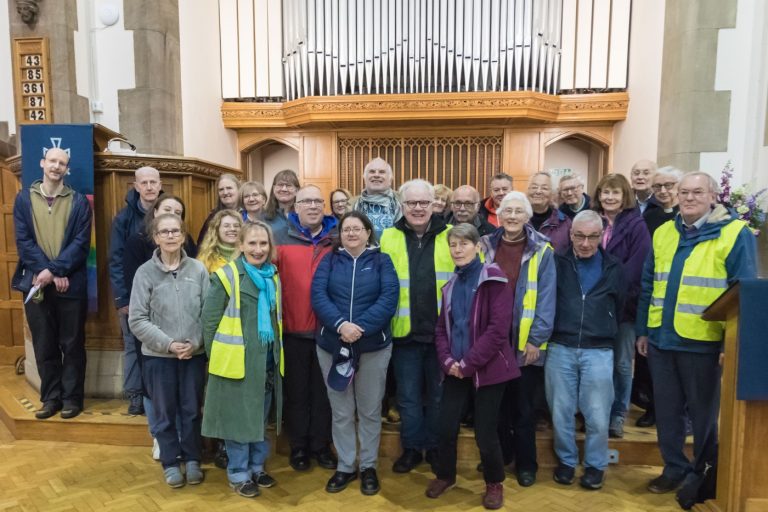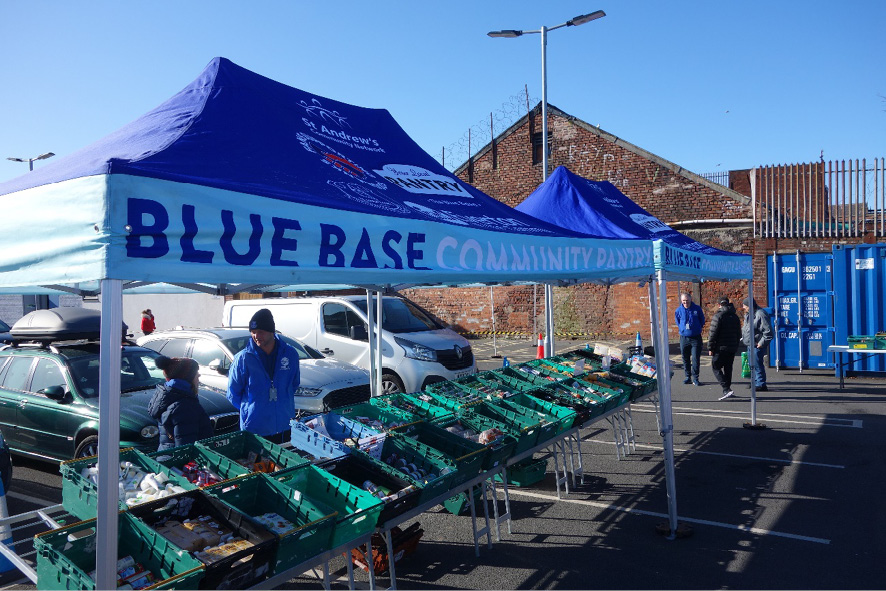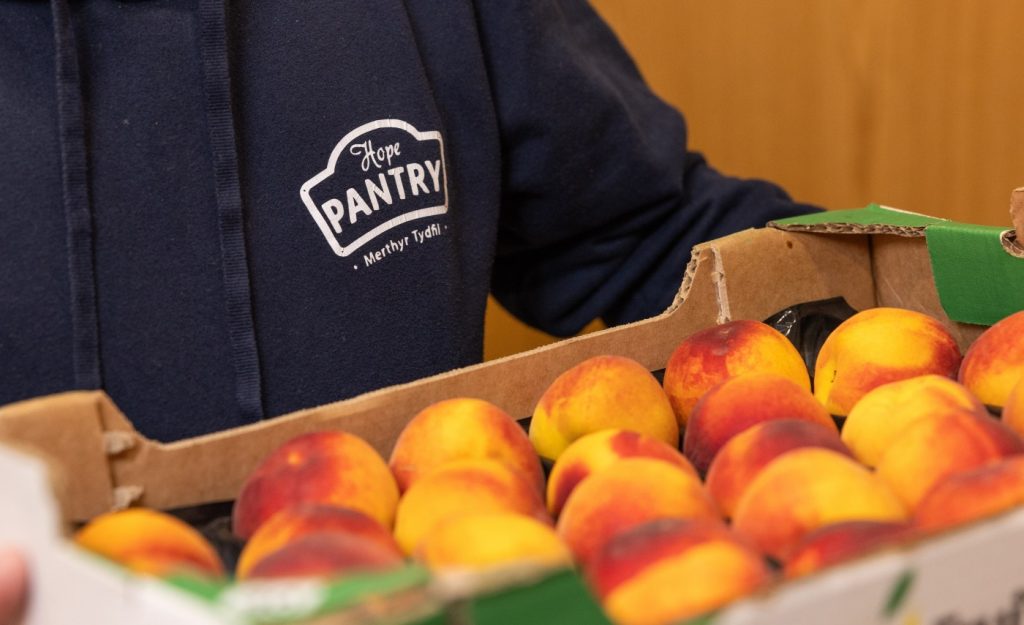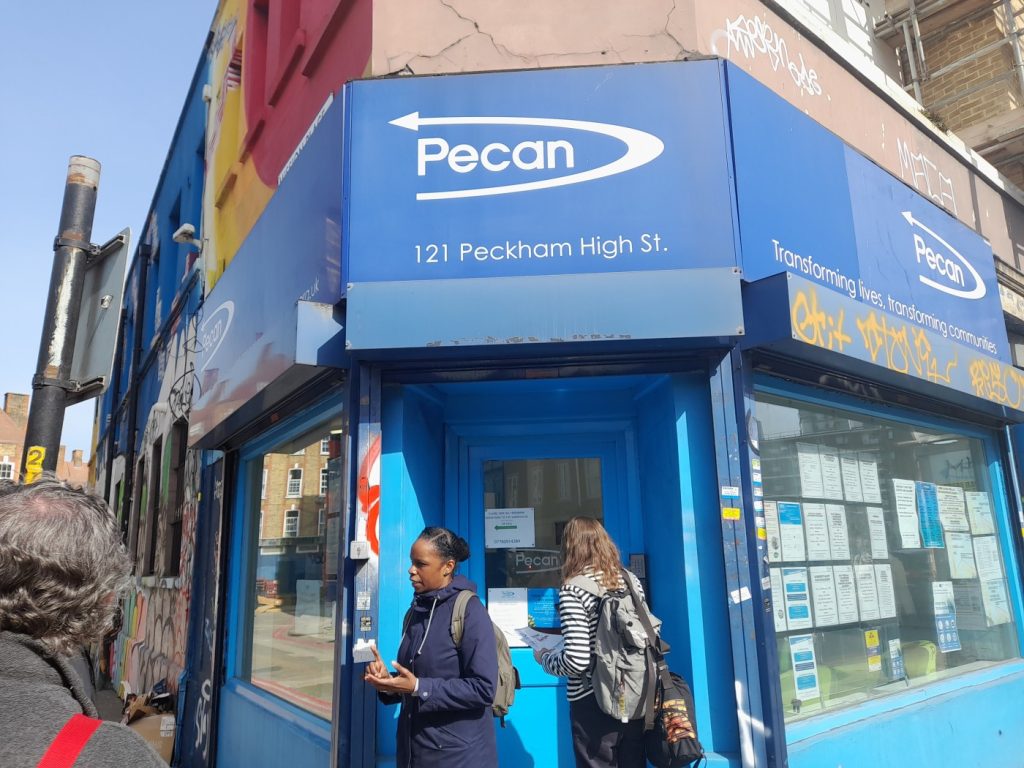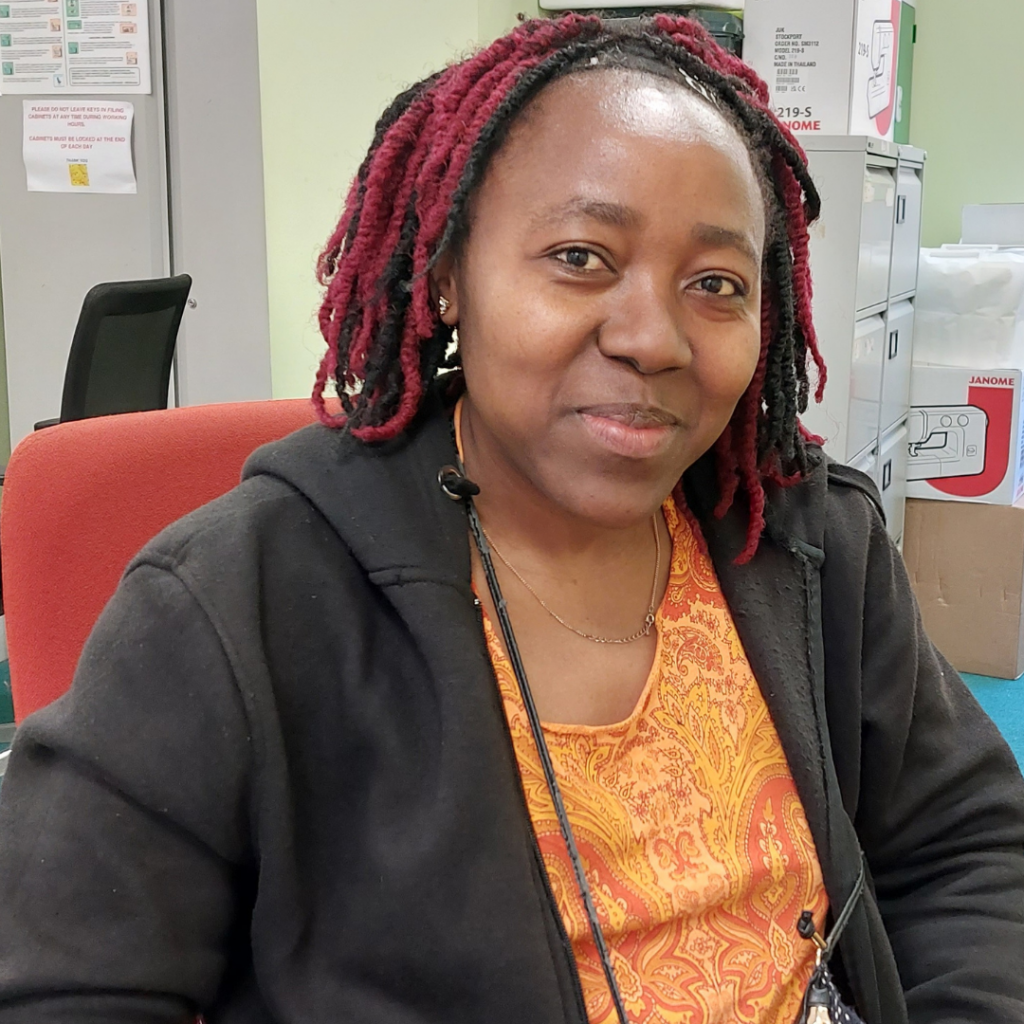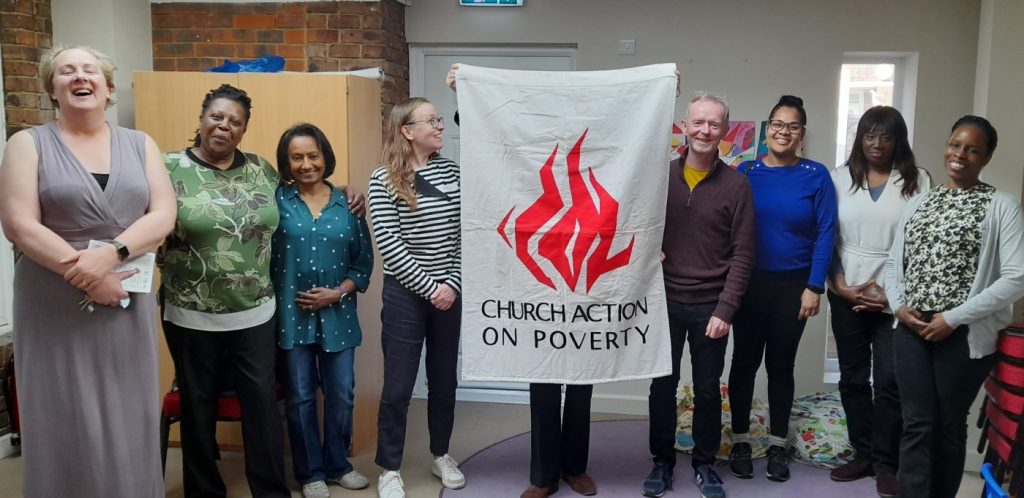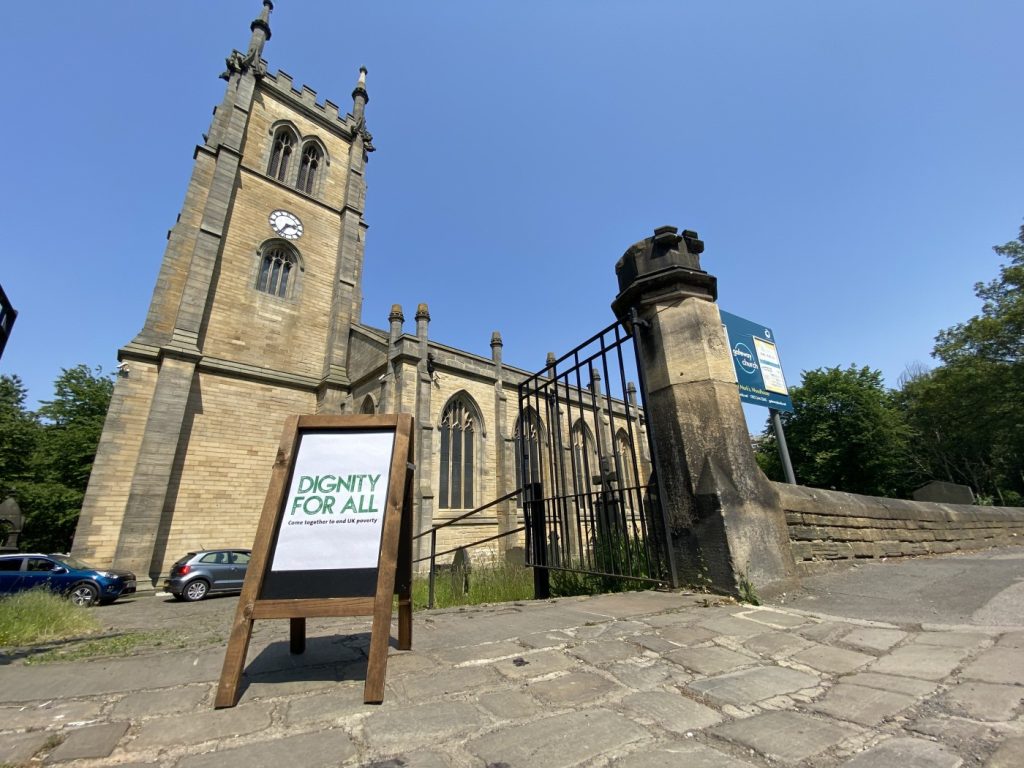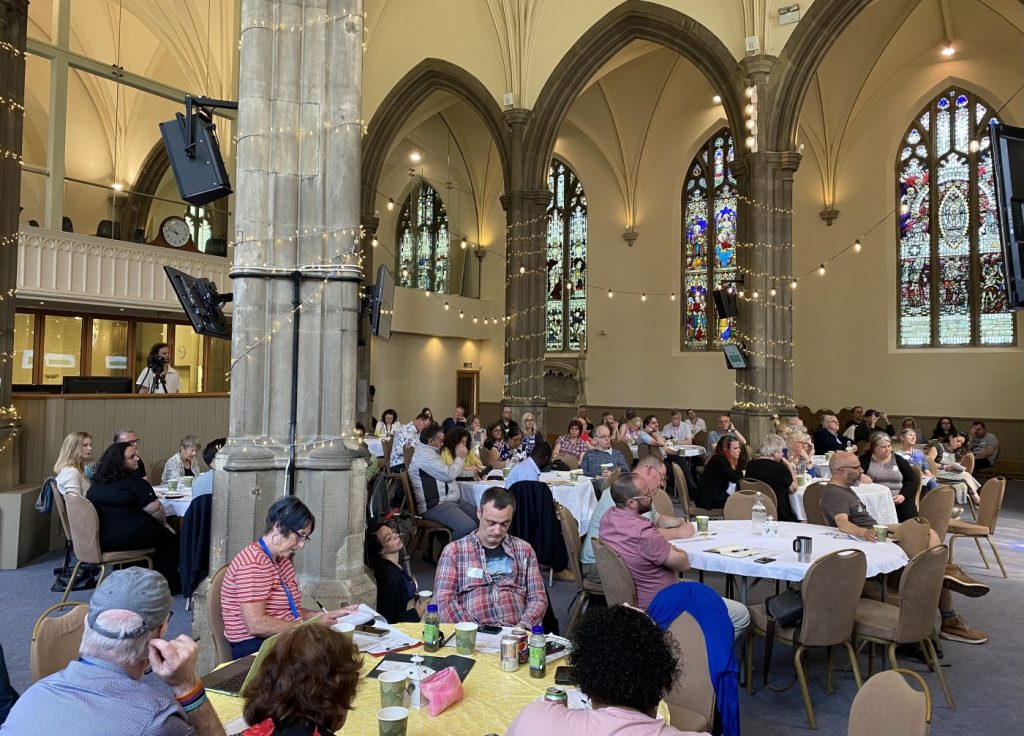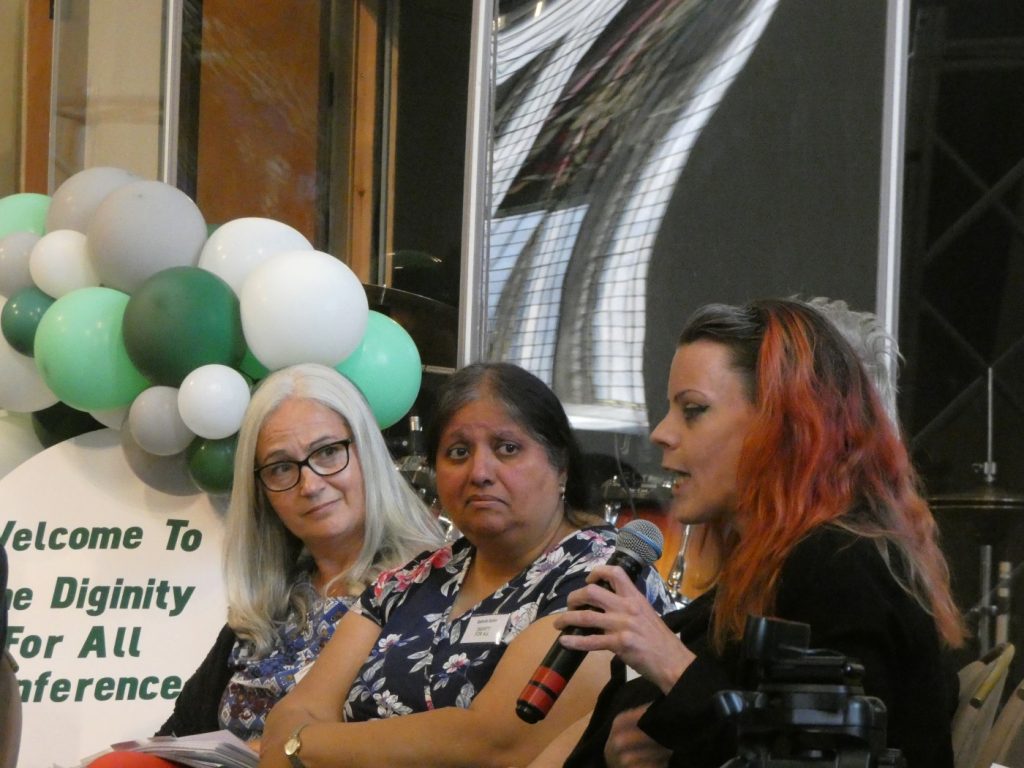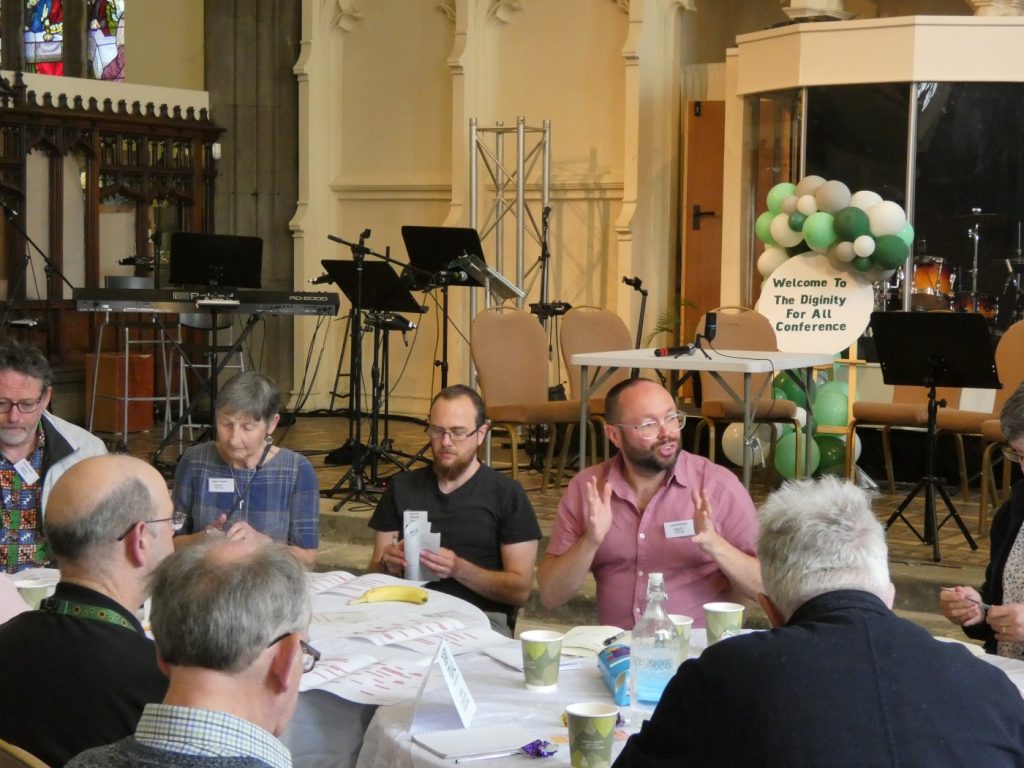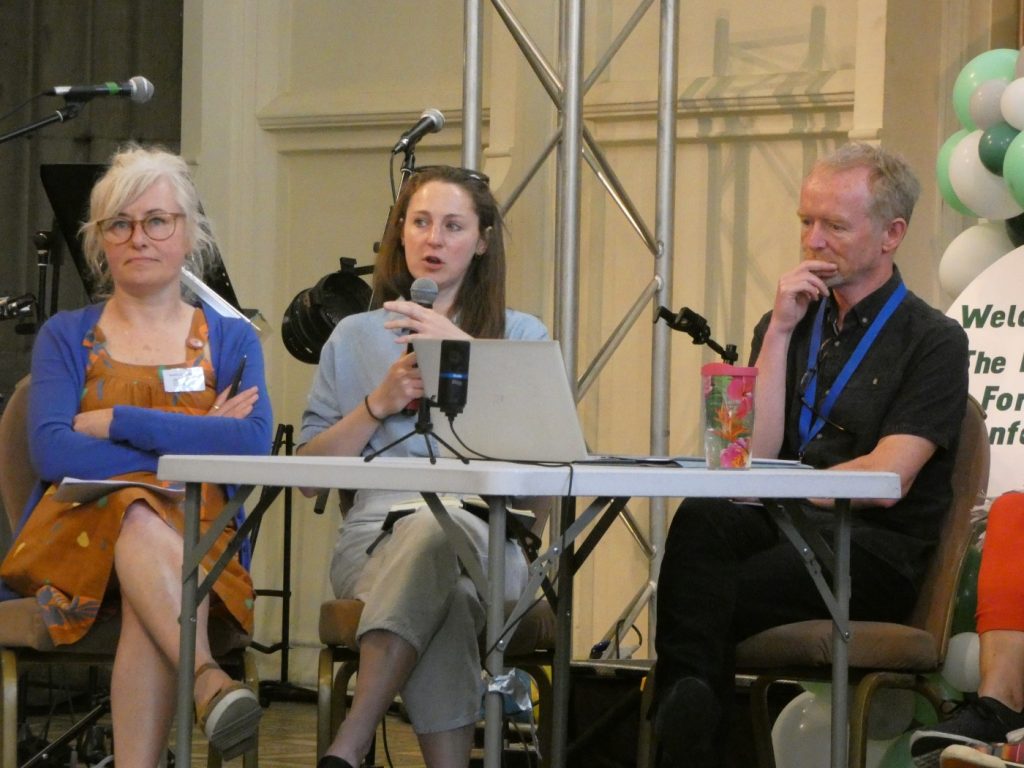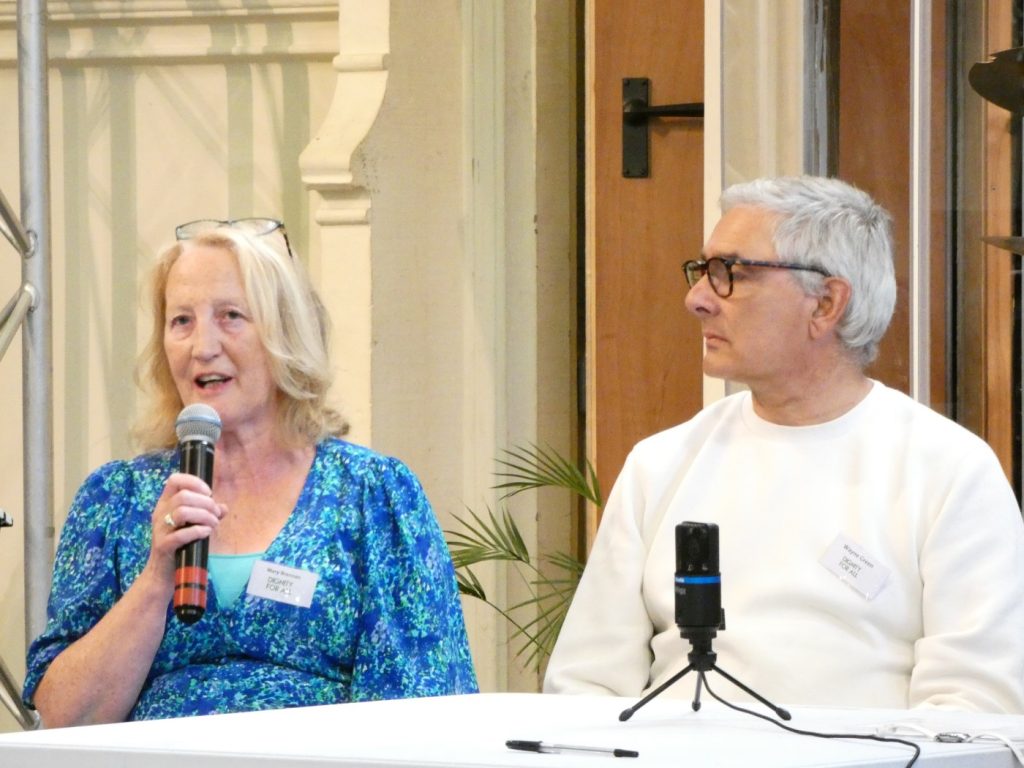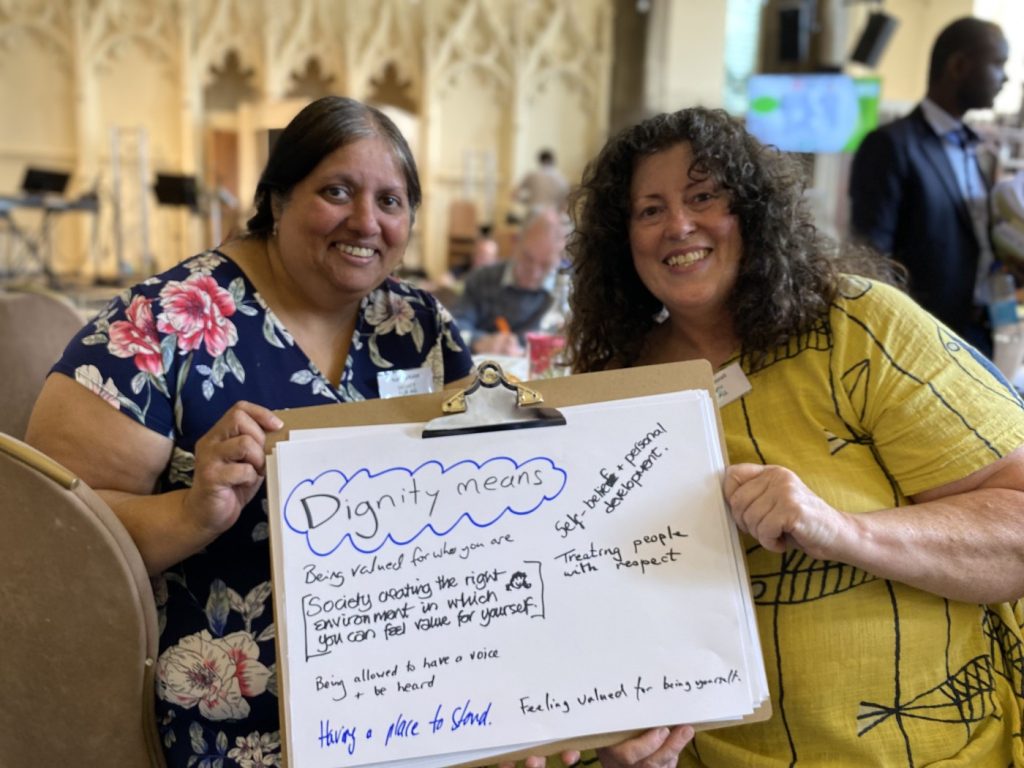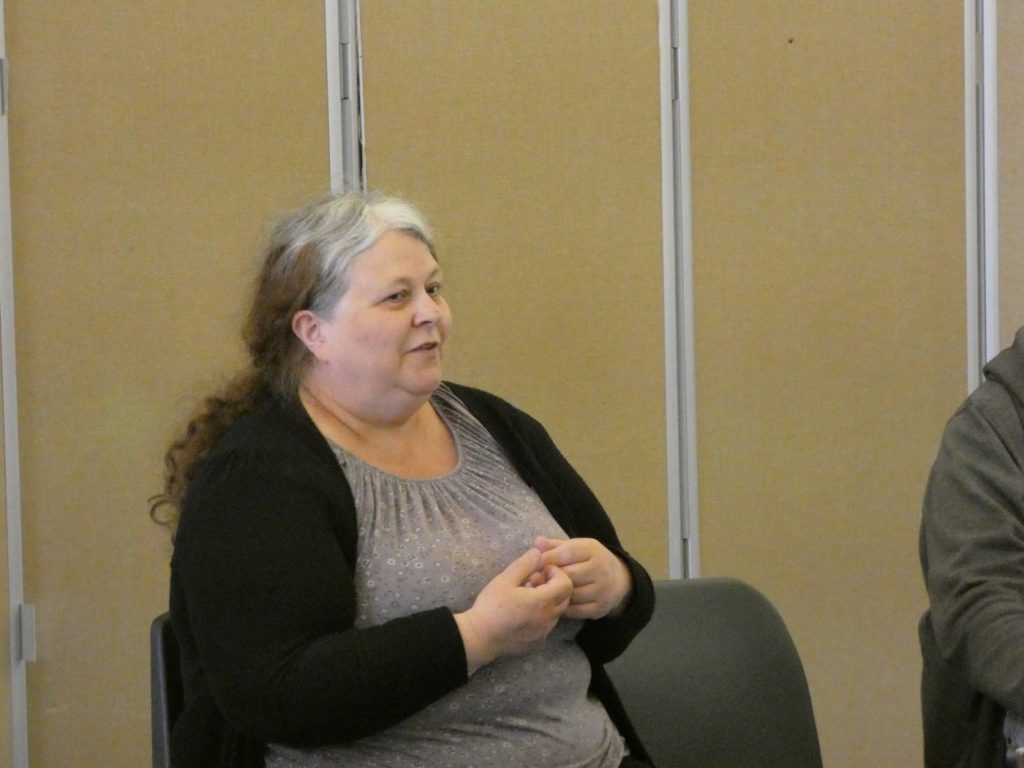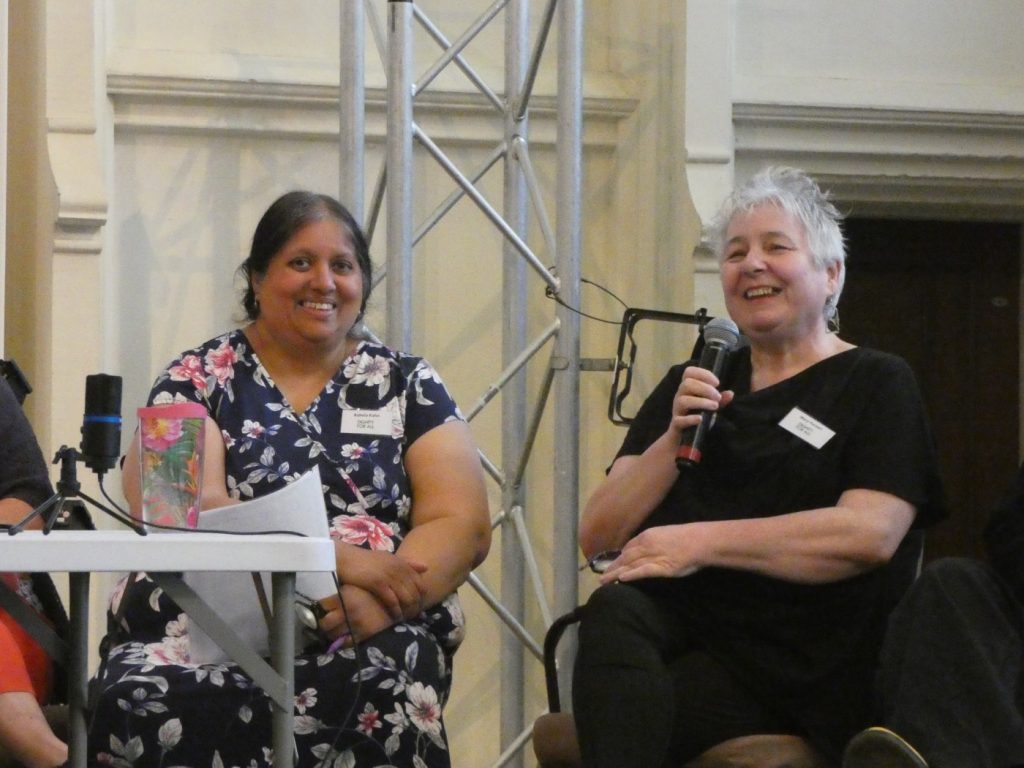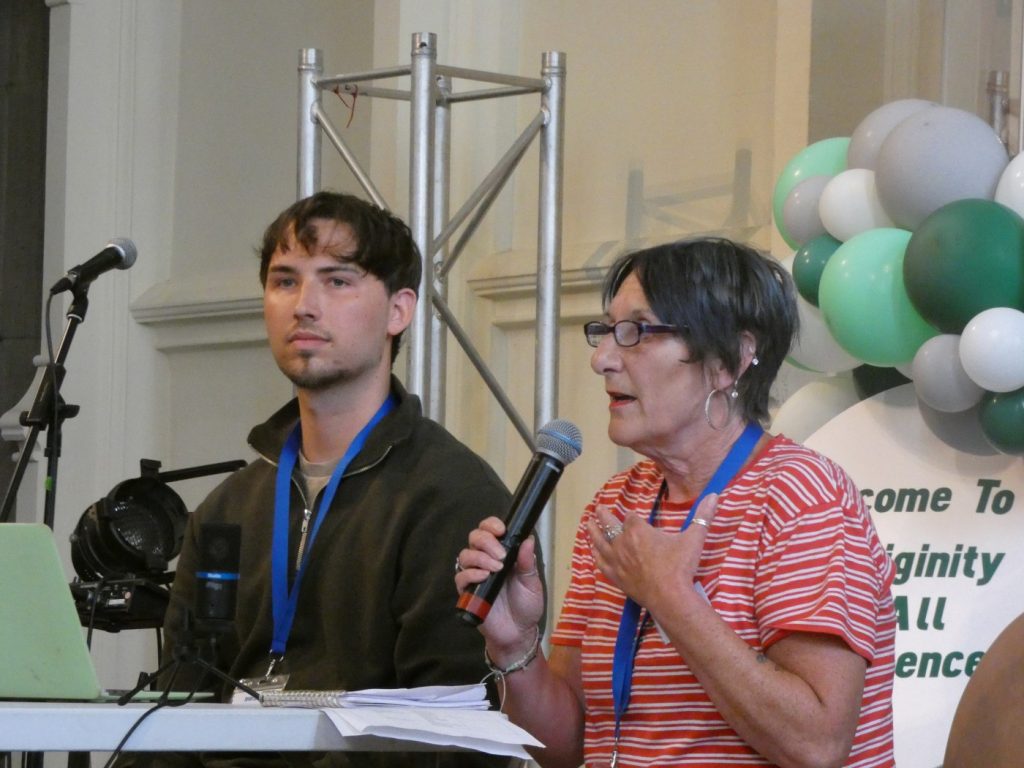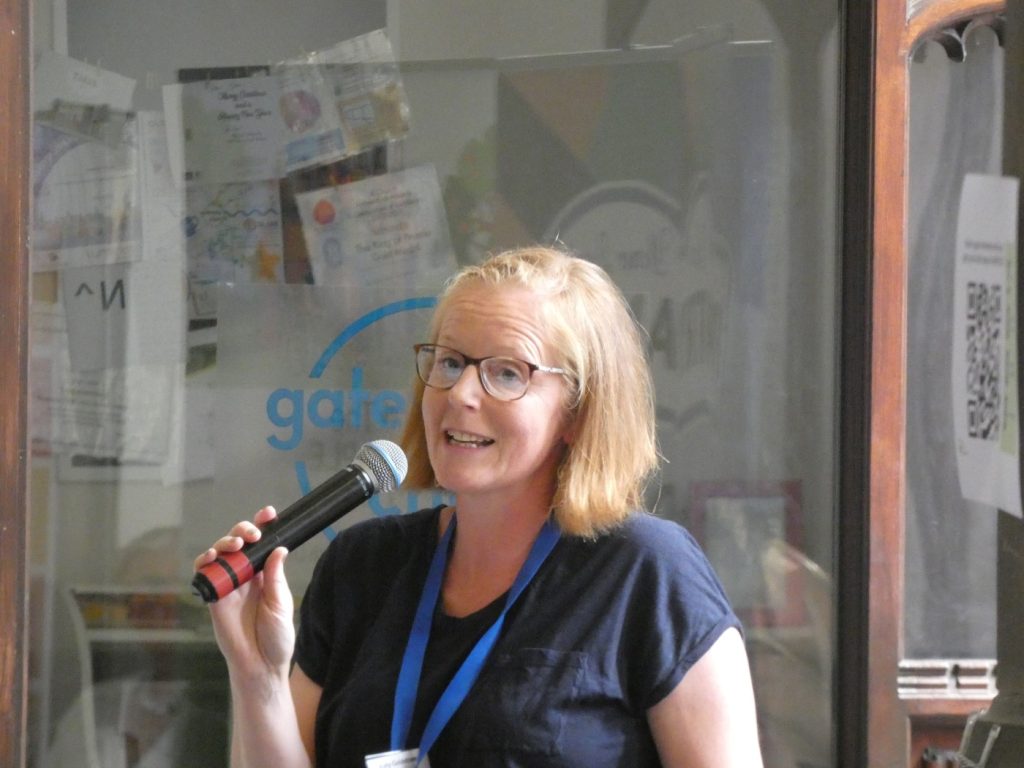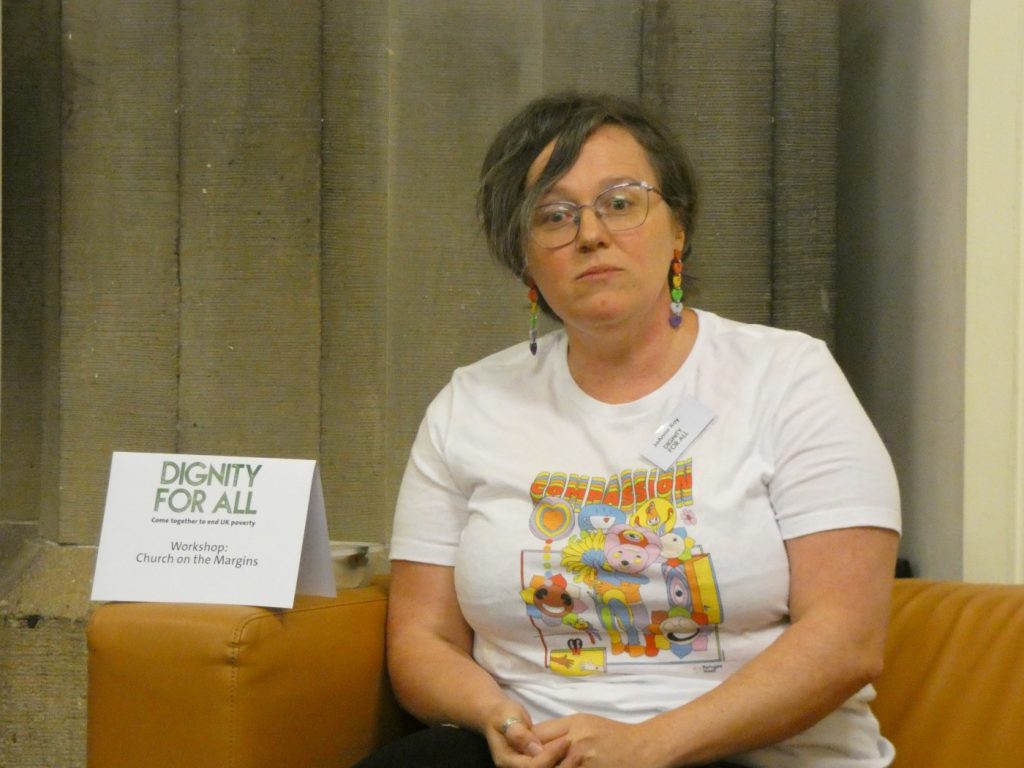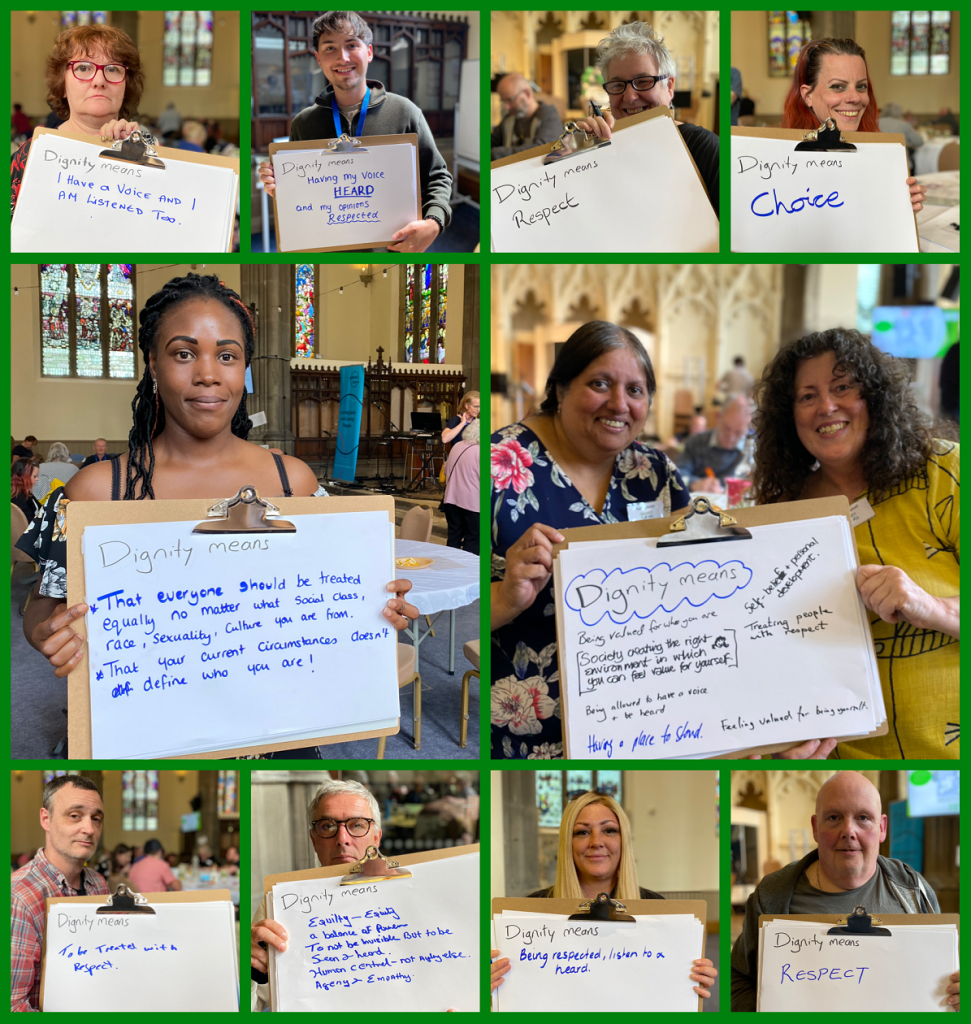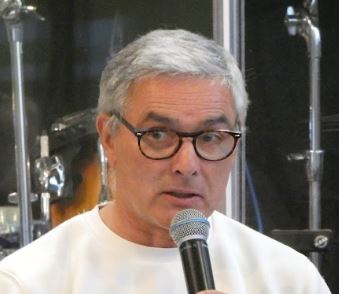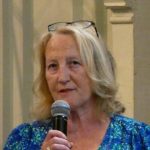Church Action on Poverty in Sheffield, has embarked on what it describes as an Urban Poverty Pilgrimage. About 40 or so of our members – often dressed in parkas and wearing walking boots – turn out to tread the streets of Sheffield. On our journey, we visit foodbanks and other church-based poverty alleviation initiatives, to learn more about their work and how best we can help to promote and support it in our church communities and wider afield. Consequently, there is often a practical focus to the talks that we get to listen to, and to the discussions that follow.
Yet, our members are aware that a pilgrimage needs to be more than practical in its focus if it is to embody its traditional meaning, which, for Christians, we suggest can loosely be described as a journey in search of moral and spiritual significance. As such, our walk is peppered with prayer points at which members offer prayers to God for spiritual guidance to help us better understand the causes of poverty in urban contexts, as well as to discern possible solutions to it.
A community theologian who was well versed in the challenges that stem from urban poverty ― as well as in ways of alleviating it ― was Father Kenneth Leech. Ken was an Anglo-Catholic priest who spent a large part of his working life in the East End of London, working with those living in poverty and/or experiencing social exclusion. He chose that path for his ministry, believing:
In all that I have written there are two central Christological truths. The first is the truth that Christ is found, now as then, among the poor and lowly, on the edge, at the margins. The second truth is that to be en Christo, to be icons of Christ, we need to follow his way of lowly servanthood, and because Christ is found among the poor, our response to the poor becomes both a diagnostic test of our Christological orthodoxy, and a sign of judgment.
Cited in D Bunch and A Richie (eds), Prayer and Prophecy: The Essential Kenneth Leech (Darton, Longman & Todd, 2009), page 134
Ken’s contribution to urban mission was thus centred on a belief that when the poor speak, it is God’s voice that we hear. In our urban pilgrimages we always strive to place a primacy on hearing the views of those who are experiencing poverty, and those who work on a day-to-day basis in supporting them. For Leech, ‘the Christian way’, was to follow Christ’s way of lowly servanthood ― which is to say, to be among the poor, and to make their cause for justice, a cause for everyone, and that is our aim, too.
Urban Poverty Pilgrimage is one way of doing that, by linking prayer with protest. In some respects it is a form of protest ― a way of raising concerns about urban poverty and its causes simply by being on the streets, waving banners, making a noise, sharing a moment with kindred spirits, sparking some interest from well-meaning onlookers, and following it up with press releases, social media campaigns, and sometimes with political lobbying. As such, Urban Poverty Pilgrimage fits with an approach to Christian discipleship that places much weight on Jesus’s statements: “Blessed are the poor in spirit, for theirs is the kingdom of heaven”, and: “Give to the one who asks you, and do not turn away from the one who wants to borrow from you.’
Poverty runs antithetically to human flourishing, being an impediment to human creativity and fulfilment. From a Christian perspective, it is hard to see how it could ever be consistent with advancing the Christian concept of the ‘common good’― that is, a sense of moral obligation which members of a community share that impels them to want to look after the common interests of all members, and not just the interests of some members at the expense of others.
Pilgrimage involves travelling, often treading where you’ve not trod before, or seeing it afresh as if for the first time. Certain disciplines, both spiritual and theological, are involved for a pilgrimage to be a pilgrimage and not a sight-seeing tour or a mere confirmation of conviction. As a journey into moral and spiritual significance, pilgrimage must always be open to new revelation to personal challenge and conversion.
Among the helpful disciplines are:
Being Attentive: being awake to the vibes, the smell, the look, the feel of a particular urban locale and what is going on there — this can lead to intercession and to lamenting prior to any desire for solutions, but this is only the beginning of urban pilgrimage and not its fulfilment.
Being Silent: being reduced to silence in the face of poverty and the tragedy of the urban, with such silence leaning towards the strange presence of the holy and the sacred in the most unlikely places, which induces humility in the pilgrim and protects them from false understanding, false protest, and false solutions.
Being Open: against all the odds, spotting the signs of the Kingdom, the triumphs of the Spirit, the resilience of the ‘faithful ones’ and the generosity of the ‘impoverished ones’, which leads to a wider perspective and a challenge to previously perceived stances.
And thus, and only thus: Offering the urban situations visited to God with thankfulness for what has been revealed and how it has been a converting ordinance for the pilgrims.
And also: Celebrating the creativity and resilience and solidarity in the midst of toil and struggle, of oppression and disenchantment.
So, if our pilgrimage does not reveal the sacred in the midst of the urban and Christ’s presence among the poor (Leech) how are we to discern the signs of the times let alone the signs of the Kingdom; and if our pilgrimage does not bring us to “lowly servanthood” (Leech) how are we to develop responses that do not impose abstract (ready-made) solutions but are truly responsive to this particular urban locale, respecting its actual residents as having their own agency and their own God-given perspective that may illuminate our own?
In a true pilgrimage, it is we who are changed, converted, reconciled, and made new. And this is no less true for a pilgrimage into the urban, amongst the poor. Protest and action need to be rooted in the pilgrimage itself, not as add-ons or unwanted gifts but as integral divine-gifted outpourings and outworkings of the unpoor-faithful among and alongside the oppressed poor.
Dr Joseph Forde is Chair of Church Action on Poverty, Sheffield, and is author of Before and Beyond the ‘Big Society’: John Milbank and the Church of England’s Approach to Welfare (James Clarke & Co, 2022).
Revd Dr Ian K Duffield is Director of Research at the Urban Theology Union, Sheffield, and is editor of Urban Christ (UTU, 1997).
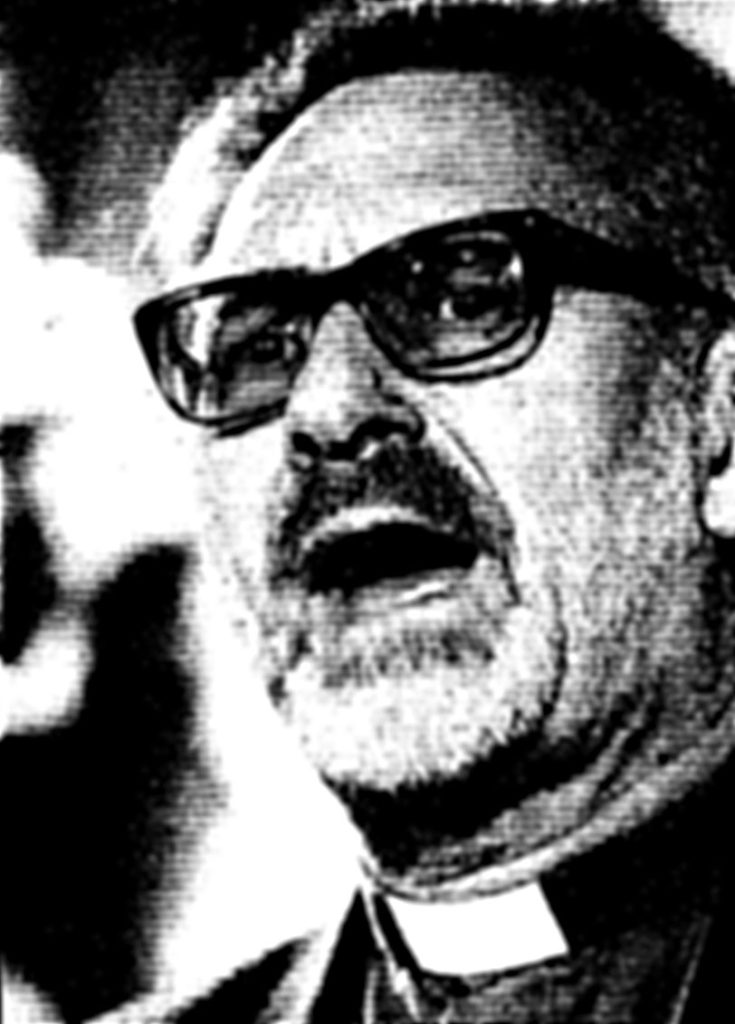
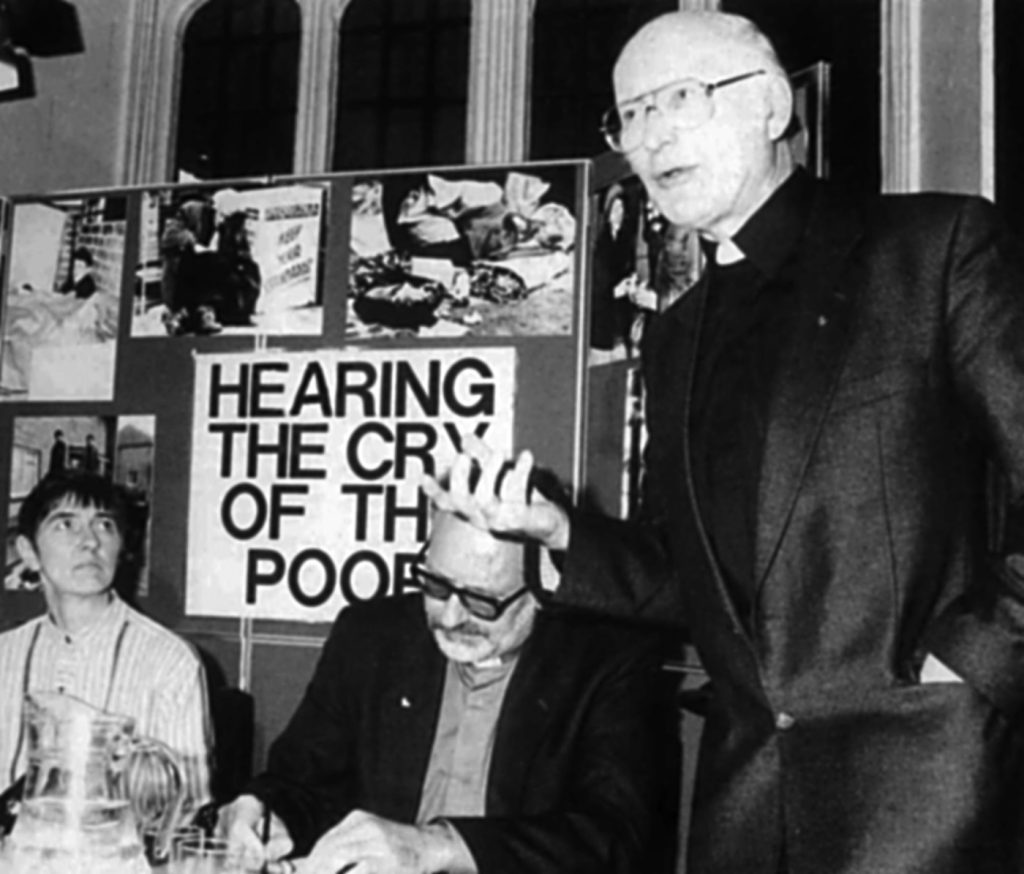
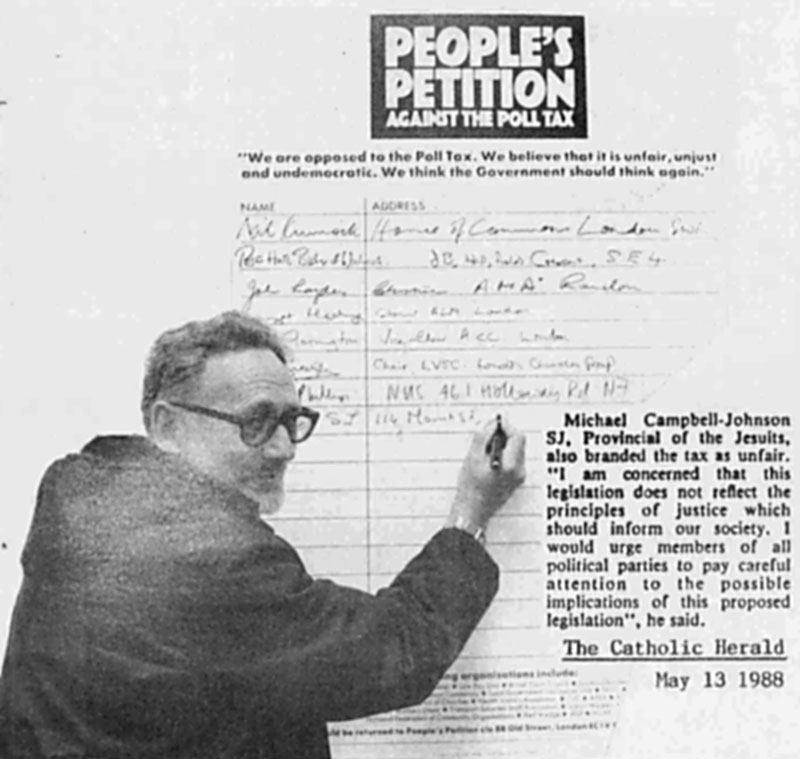

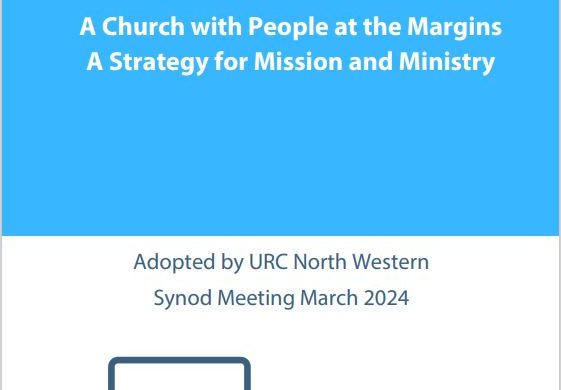
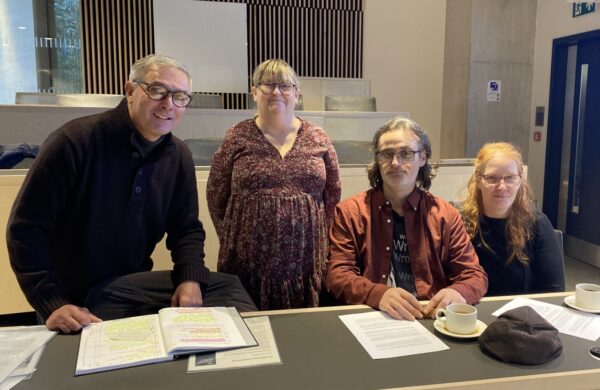
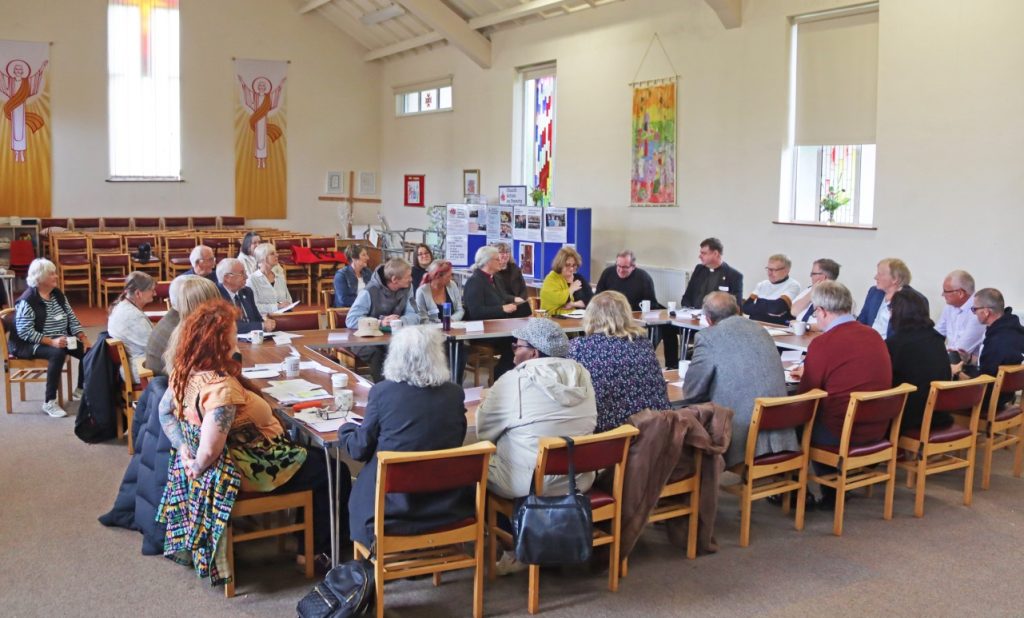
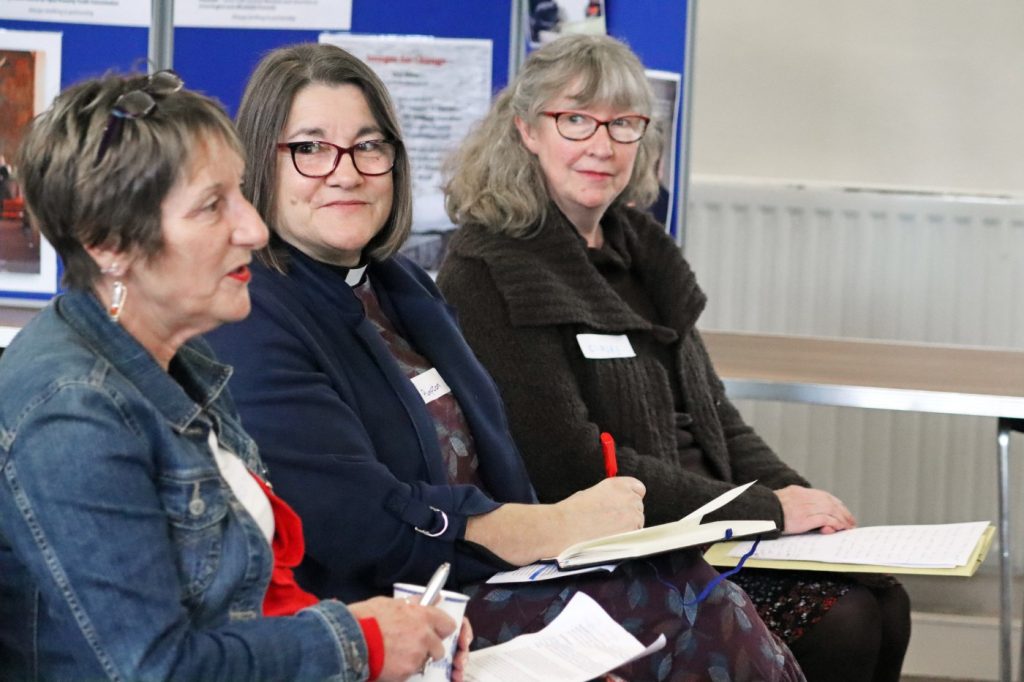
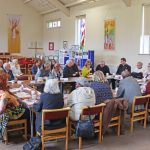
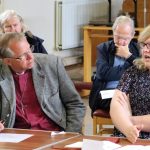

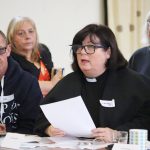

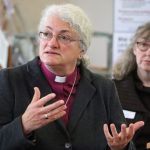
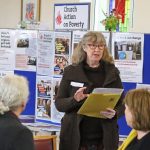




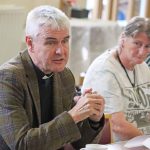

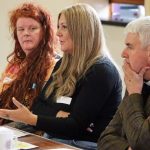




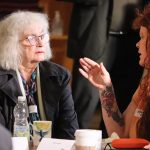
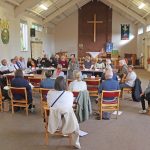
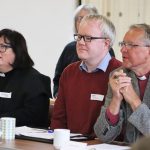



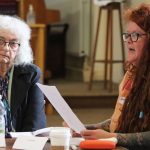


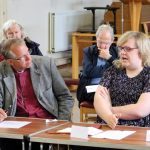
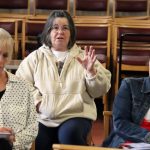

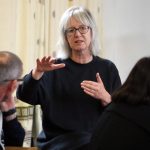






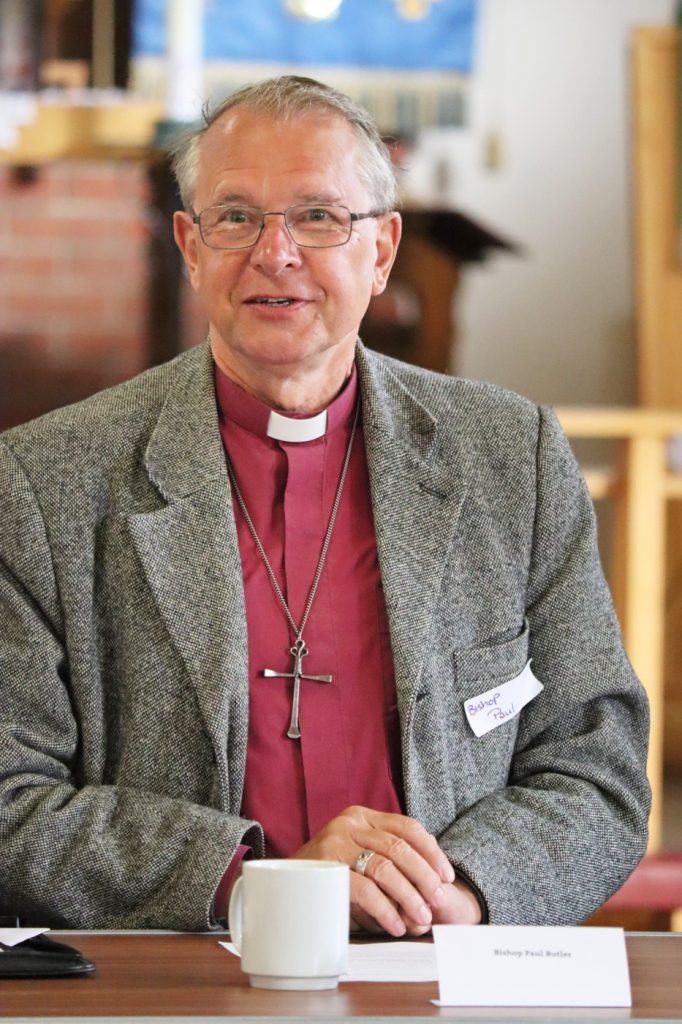
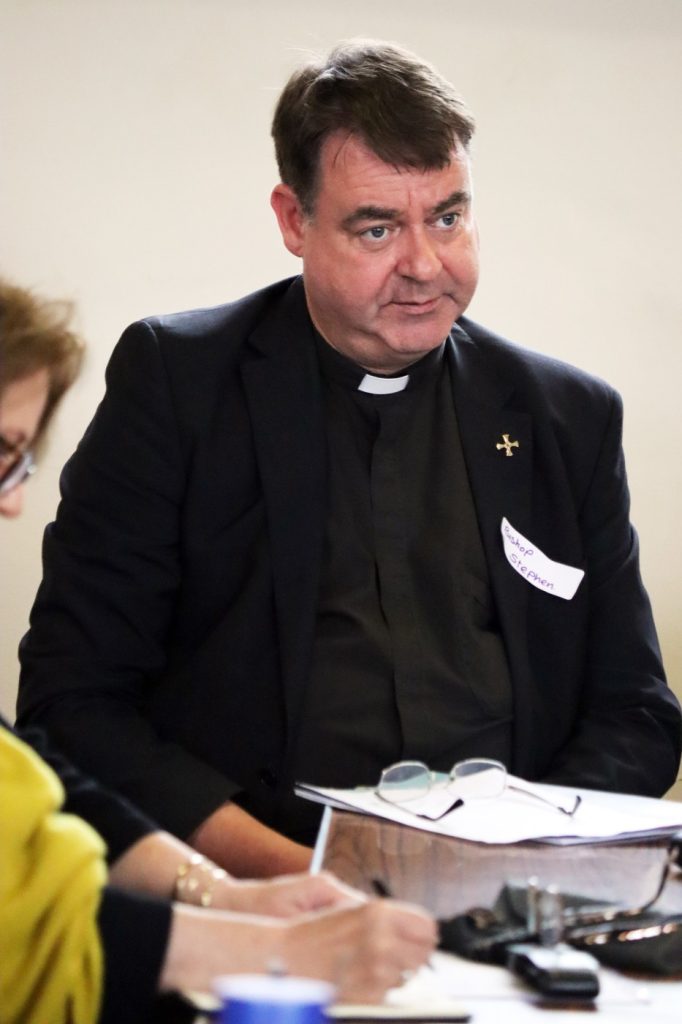
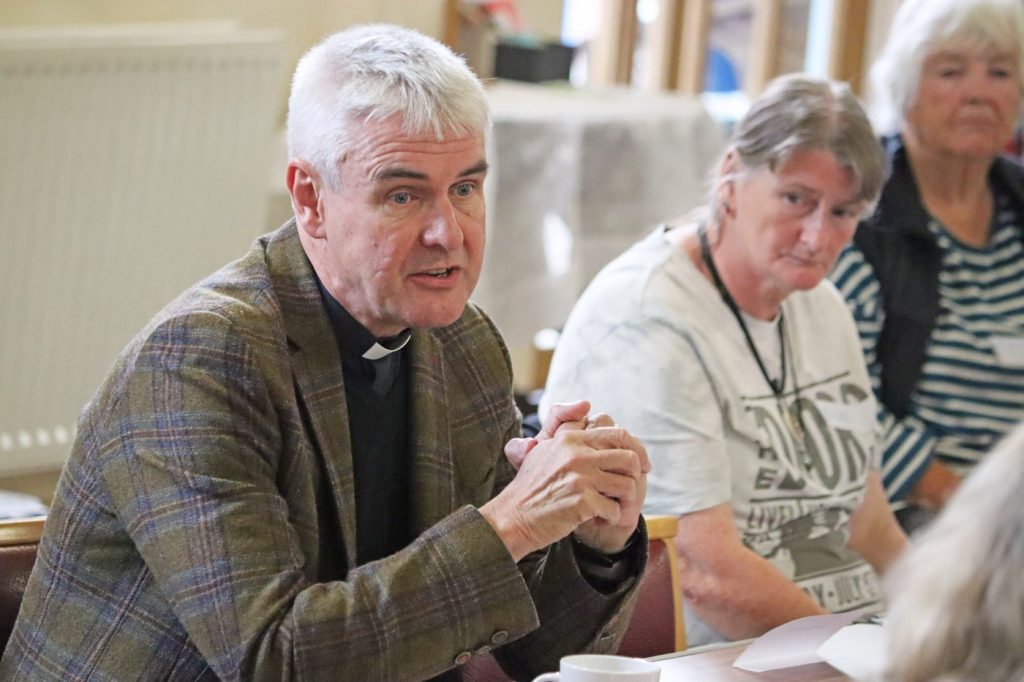
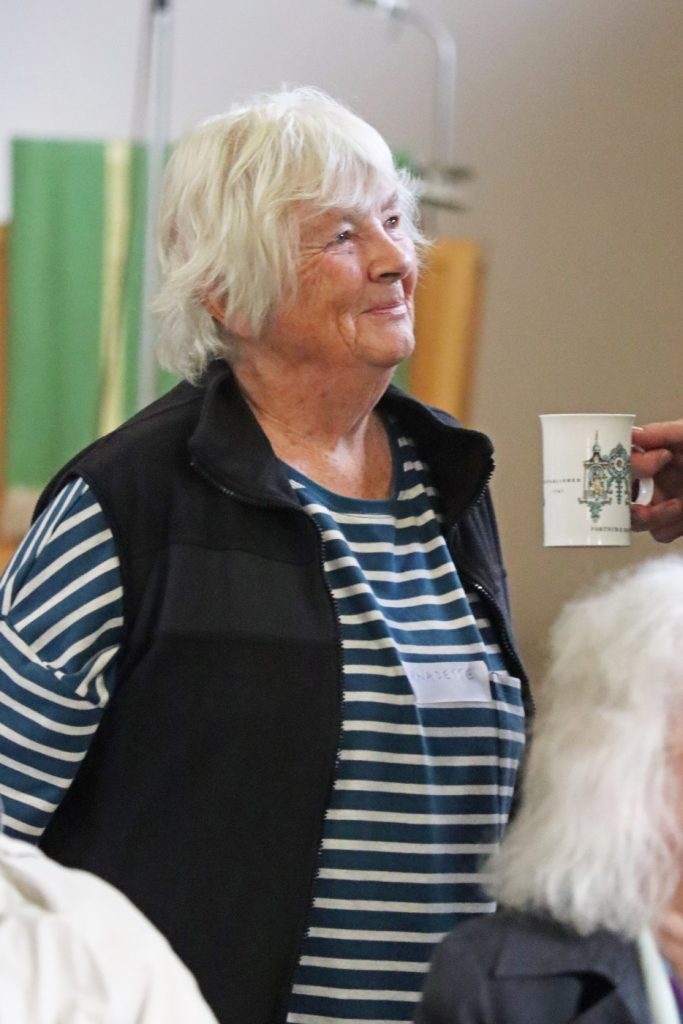
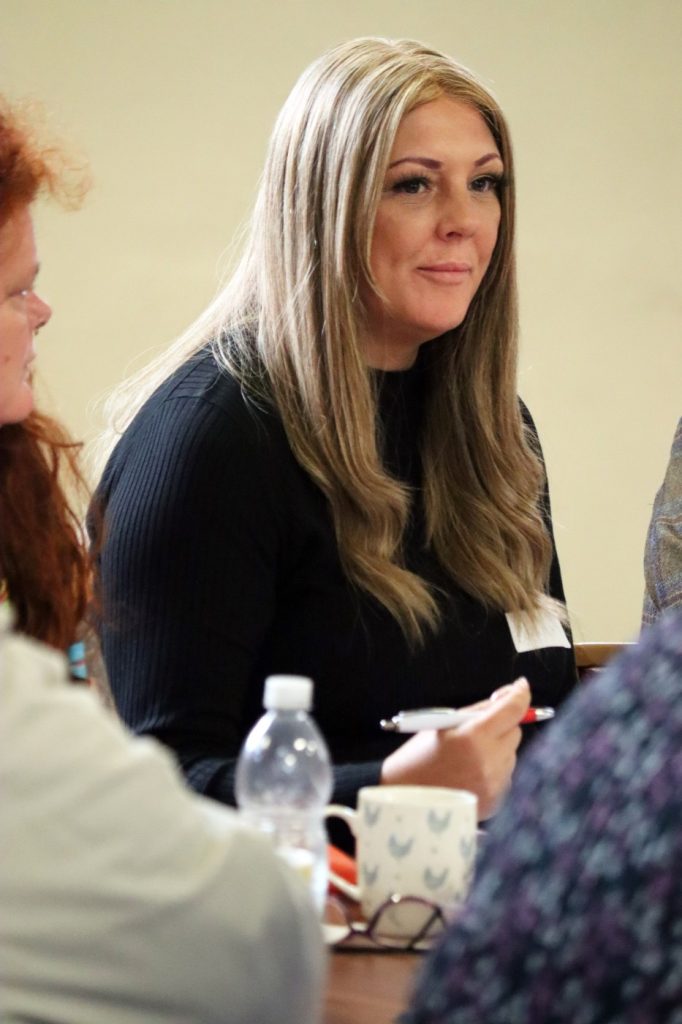
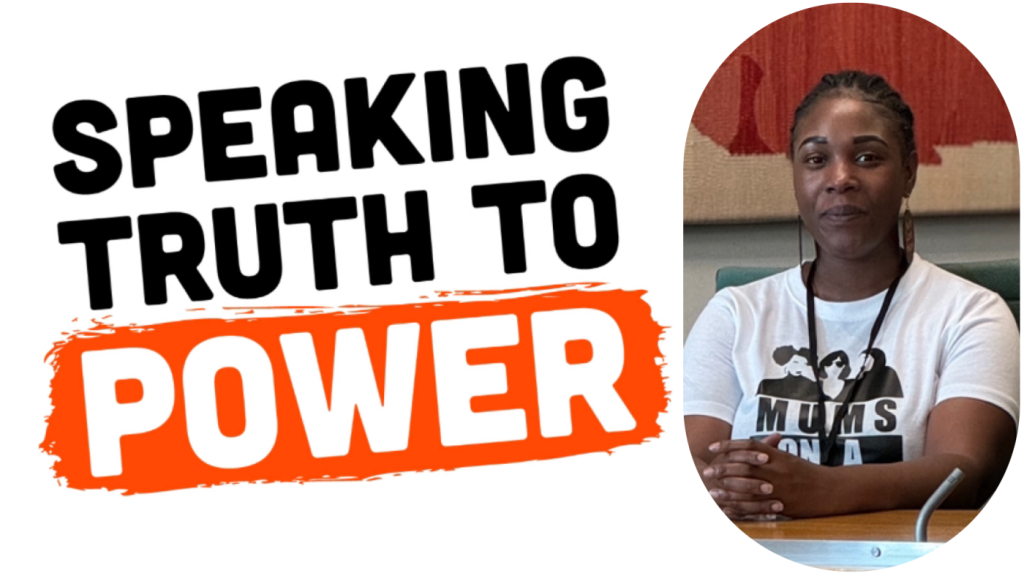
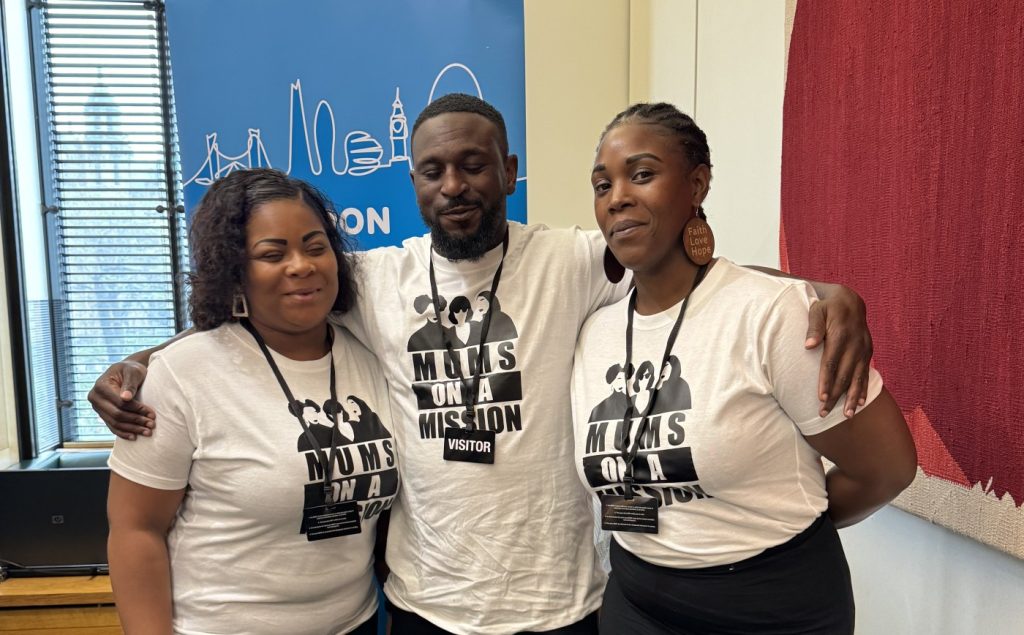

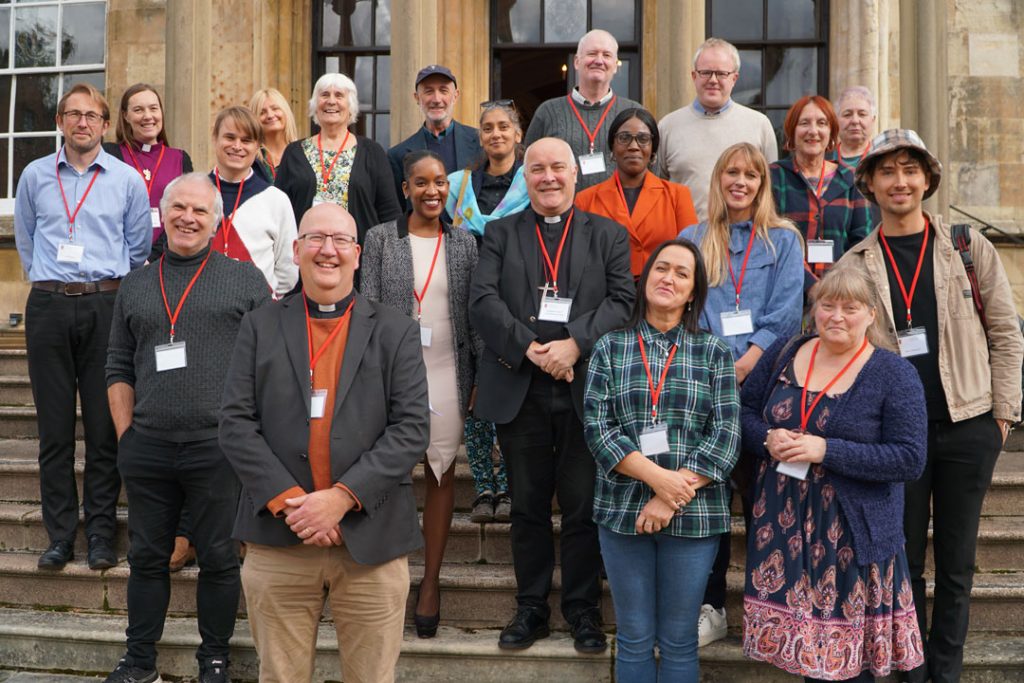

 Niall Cooper outlines the new Let’s End Poverty campaign, and how you can get involved.
Niall Cooper outlines the new Let’s End Poverty campaign, and how you can get involved.